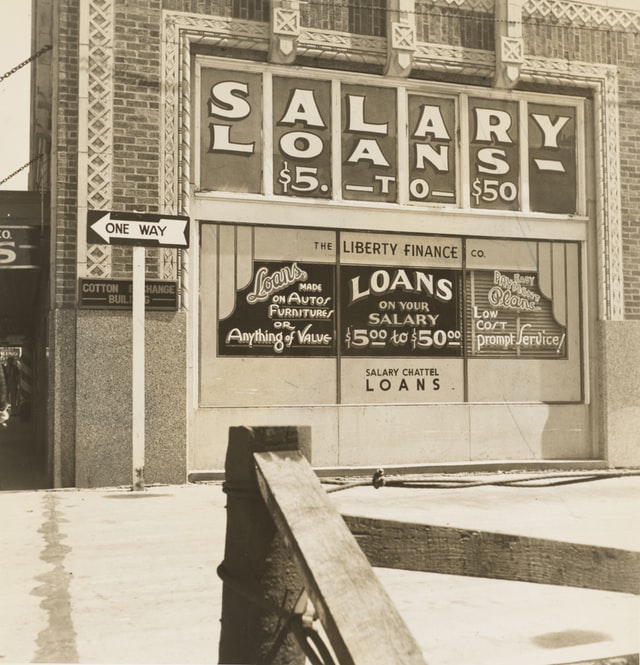It’s not an exaggeration to say that your credit score is probably the most important number in your life. This simple three-digit number, and raising your credit score, indicates how willing and able financial institutions are to loan you money. This number is calculated based on how likely you are to repay when you borrow money online. A credit score generally ranges from 350 to 850. The higher your credit score and therefore the stronger your credit history, the more likely you’ll get a loan.
If your credit score is lower than you want it to be then there are steps that you can take to increase it until you get over 800 diligently. A credit score of 800 is considered excellent. Based on data from 2034 23.3% of Americans had a credit score (FICO score) over 800. This means that over 20% of the US population have few to no blemishes on their credit report.
Key Points
- If you have low credit, there are ways to build your credit score
- You can pay off old debts, check for errors, or increase your credit limit
- A score of 800 is considered to be excellent credit
2023 Credit Score Statistics and Facts
- In the United States, the average credit score is 716
- Americans aged 23 to 29 have an average credit score of 660, while individuals between 80 to 89 years old have the highest average credit score at 757
- According to a separate source, low-income families have a median credit score of 658.
- Asian Americans have the highest average credit score of any racial group at 745, while Black Americans have the lowest average credit score at 677.
- A source states that men have a slightly higher credit score than women.
- Roughly 23.3% of Americans have a credit score ranging from 800 to 850
- Your payment history comprises 35% of your credit score
Why should I aim for a credit score of 800?
So what exactly are the benefits by having a credit score of 800? Is it really something that I should strive for? Here are a handful of benefits of having a score this high:
You’re more likely to have loans and borrowing approved. Remember that there’s a direct link between your credit score and how creditworthy lending institutions think you are. Paired up with other financial information, the credit score that you have is a big indicator of how risky the lender thinks that you are. The higher the credit score the more likely you’ll be approved.
Chances are you’ll get lower interest rates. Alongside your chances of approval, your credit score also indicates how likely you are to get a low-interest rate on a loan. Having a credit score of over 800 means you’re more likely to qualify for lower interest rates which can save you thousands and thousands of dollars over the long term. This will have an outsized impact on your finances when you look at borrowing loans over a long period of time, for example, when you borrow a mortgage over 30 years or more.
You’ll get better offers on credit cards and pay lower interest rates. It doesn’t matter what your credit score is, if you pay off your account balance in full every month you can avoid paying credit card interest. When you first apply for a credit card if you have a credit score of over 800 you could be eligible for cards that have a 0% promotional rate to help get you started. If you do have one of these credit cards in your pocket you’ll have the option to pay off your credit card balance over time and carry it forward and at the same time avoid high-interest rates on the balance.
Building your credit score will increase your chances of successful loan or credit applications.
How do I build a credit score of 800?
Always remember that financial institutions look at your credit score as to how trustworthy you are and how likely you are to repay your balance on time and in full. There are many ways to build a credit score of 800. Quick wins do exist but it’s most likely a multi-year process to build up trust in the eyes of banks. There are a number of things you can do that can help build your credit score:
Completely pay off the balances on your credit cards
Having a large amount of revolving debt can negatively impact your credit score. If you can pay off the full balance of your credit card each month you should aim to do this. Paying off your balance in full will keep your credit utilization rate low – always a good thing in the eyes of the bank or credit union.
After you pay off the balance in full there can be a delay before your credit score goes up because each creditor reports payments differently. Some will report it within a couple of days while others, like credit card issuers, typically report monthly. It depends from issuer to issuer. If in doubt about when they will do this you can contact your credit card directly using the number on the back of the card and ask them.
The goal is to pay off your balance quickly. If you can’t pay it off in one lump sum, you can pay it off in installments throughout the month. Paying it off over the month gives you a better handle of your finances, so there’s no nasty surprise at the end of the month.
If you can’t pay off the whole amount make sure to pay off what you can – it’ll have a large impact over the long term.
Ask for a higher credit limit
There are two main ways to increase your credit limit. The first one is to ask. If you already have a credit card you can ask your issuer if they will raise your overall credit limit. If your credit limit increases and your spending stays the same your credit utilization rate will be lower. Before you ask for an increase in your credit limit make sure you can pay off any increase that you’re going to be spending each month.
Apply for a new credit card
The second option is to apply for a new credit card. Before you can consider doing this make sure to do your research. Every time you apply and the frequency at which you apply for a credit card is factored into your credit score. Every time you apply for a credit card it means the issue or lender has to look at your credit report which results in a hard inquiry on your statement. A hard inquiry will cause your credit score to dip a couple of points.
Looking at the big picture it’s normally better for your credit score to have a lower credit utilization rate versus the impact that a hard inquiry has on your report. The only thing to be aware of is to not apply for too many credit cards over a short amount of time. This could be a red flag to issuers and other lenders.
The top credit cards that provide the best rewards require a good or excellent credit rating to qualify for the card. If you have lower or bad credit there are cards out there for you. Make sure to do your research and read the terms and conditions closely before applying for any credit card.
Read your credit report closely for errors
Checking your credit score for errors can help increase your score over time. If you have something on your credit report that doesn’t look right or is from fraudulent activity you can dispute it and remove it.
Around 25% of Americans have found errors on their credit report so it’s worth looking out for errors. Review your credit report on a monthly or quarterly basis to help you avoid fraudulent or duplicated accounts and pick up on payments that have been misreported.
Free credit reports are available from Experian, Equifax and TransUnion. You can get these every week by going to annualcreditreport.com.
Remove anything from your credit report that has already been paid off
We all get in trouble with finances from time to time and this can impact your credit score. But make sure that once you’ve worked hard to pay off your debt, it no longer appears on your statement. This is a priority as any unpaid collections on your credit report is a flag to lenders.
Out of all three steps this might take the most effort but is worth it. Convince your lender that you have paid off the balance in full and the account is not being used anymore. Getting them to remove the account from your credit score will increase your chances of getting an 800 score.
In summary
Improving your credit score is not a quick and easy process. However, following the steps above can increase your chances of a better credit score. Each person has a different personal situation, so think and do your research before following any of these strategies.



